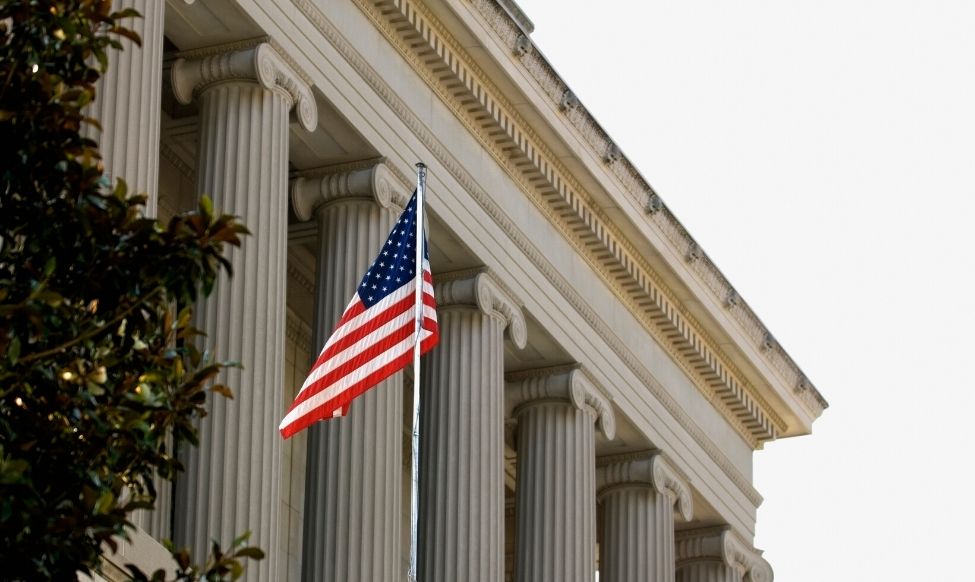Following an action-packed few weeks in June before summer break, the Supreme Court will begin its next session on October 5, 2015. While the upcoming cases on the docket may not have generated the same attention as the major decisions reached at the end of the last term—when the Court weighed in the constitutional right to same-sex marriage and tax subsidies for the Affordable Care Act, among other headline-grabbing issues—below are summaries of cases we’ll be watching.
October 6, 2015
Ocasio v. United States
Ocasio will address a direct split among the Circuits as to extortion, specifically in the context of public officials. Baltimore police officer Samuel Ocasio was indicted in connection with a plot to obtain payments in exchange for referrals to an auto repair shop. The Supreme Court has previously held that a public official violates the federal Hobbs Act by obtaining “a payment to which he was not entitled, knowing that the payment was made in return for official acts.” Officer Ocasio was convicted of conspiring to violate the Hobbs Act. On appeal to the Fourth Circuit, he argued that he and the repair shop owners could not be guilty of conspiring to commit extortion because the shop owners were also victims of the conspiracy, and a Hobbs victim must be outside the alleged conspiracy. The Fourth Circuit affirmed the conviction, but over in the Sixth Circuit, this argument may have prevailed. The Supreme Court has agreed hear the question: “Does a conspiracy to commit extortion require that the conspirators agree to obtain property from someone outside the conspiracy?”
October 7, 2015
Kansas v. Gleason
A Kansas jury sentenced Sidney Gleason to death on a capital murder charge and life in prison for a variety of other charges including aggravated kidnapping, premeditated murder, and possession of a firearm. The Kansas Supreme Court vacated the death sentence on the basis that the jury had not been properly instructed regarding how to factor mitigating circumstances into their decision. The Supreme Court will decide whether the Eighth Amendment requires the affirmative instruction to a jury considering a death sentence that mitigating circumstances “need not be proven beyond a reasonable doubt,” as the Kansas court held, or whether the Eighth Amendment is satisfied by instructions that each juror must individually assess and weigh any mitigating circumstances.
October 13, 2015
Montgomery v. Louisiana
In 2012, the Supreme Court decided in Miller v. Alabama that mandatory sentencing “requiring that all children convicted of homicide receive lifetime incarceration without possibility of parole” violates the ban on cruel and unusual punishment under the Eighth Amendment. Following that decision, Henry Montgomery, who has been serving a life sentence in Louisiana since 1963 for a murder committed days after his 17th birthday, asked the state court to correct his sentence. The trial court denied his motion, as did the Louisiana Supreme Court, citing Louisiana cases holding that Miller was not retroactive. The Supreme Court is to decide whether Miller applies retroactively to individuals sentenced as juveniles to life in prison without parole.
Sources:
Kansas v. Gleason. The Oyez Project at IIT Chicago-Kent College of Law. 29 July 2015.
Ocasio v. United States. The Oyez Project at IIT Chicago-Kent College of Law. 12 August 2015.

